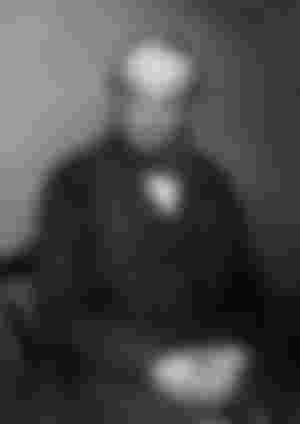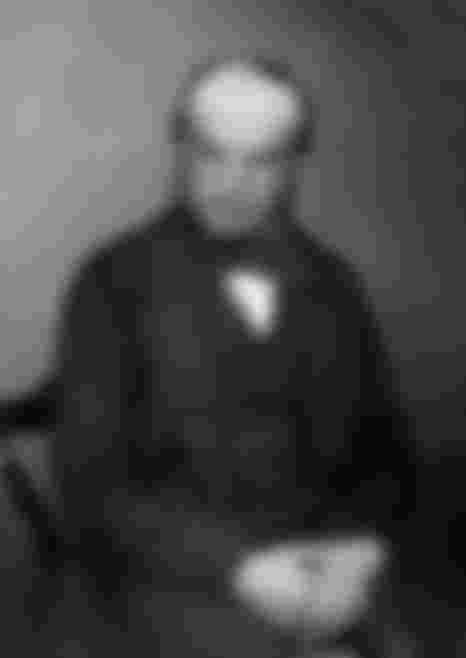
John Couch Adams (8ritain, 1819-92) studied the Leonid meteor shower and predicted the existence of Neptune. which was discovered in 1846
Edward Emerson Barnard (USA 18571923 discovered Barnard's Star and Amalthea a moon of Jupiter
Nicolaus Copernicus (Poland, 14731543 showed that the Sun was at the centre of the Solar System
Galileo Galilei ((tally. 15641642 was a mathematician who made important discoveries concerning gravity and motion. He built some of the first telescopes used in astronomy and used them to discover many previously unknown space objects
George Ellery Hale (USA, 1868-1938) pioneered the astronomical study of the Sun and founded observatories, one with a major telescope named after him
Edmond Halley (Britain, 165-1742 predicted the orbits of comets, including the one that bears he name William Herschel (Germany/Britain, 17381822 built huge
telescopes, compiled catalogues of stars and discovered
moons of Saturn and Uranus
Edwin Hubble (USA, 18991953 made important discoveries about galaxies. The Hubble Space Telescope was named in his honour
Christiaan Huygens (Holland, 1629-95) discovered Saturn's rings and devised the wave theory of light
Percival Lowell (USA, 18551916 was founder of the Lowell Observatory, Arizona. He predicted that a planet would be found in the region where Pluto was later discovered
Charles Messier (France, 17301817 studied comets and eclipses, but he is best known for his catalogue of stars
Isaac Newton (Britain, 16431727 is considered one of the greatest of all astronomers. His theories of gravity and the motions of planets revolutionized the subject.
Heinrich Olbers (Germany, 17581840 discovered asteroids and comets, one of which was named after him
Giuseppe Piazza (Italy, 17461826 compiled star catalogues and discovered the first asteroid, Ceres in 1801

nice article, reading and knowledge are so important in the times like this